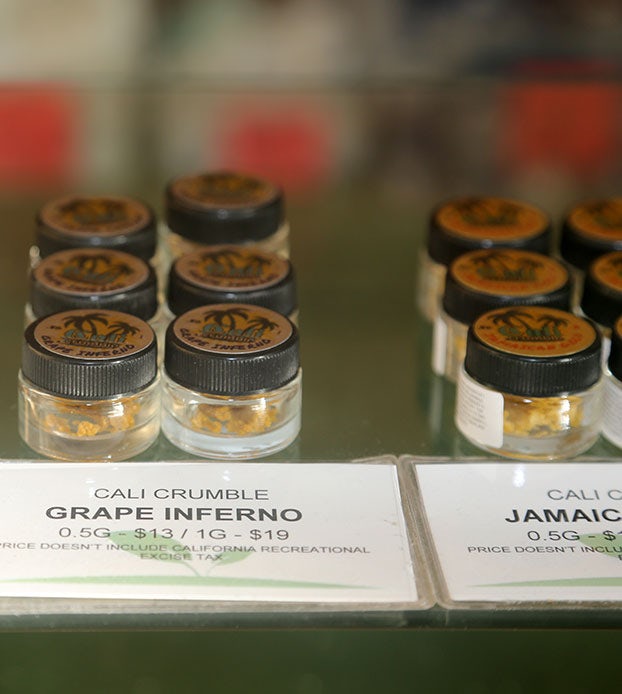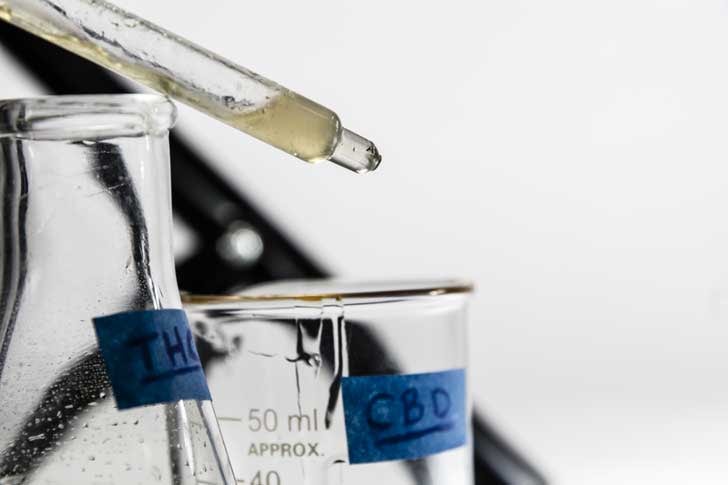Why are some doctors reluctant to prescribe medical cannabis? It is a question patients ask often, and there is more than one answer.
There are many qualities about medical cannabis that appealing to patients. Some patients will point to the fact that it is “natural,” i.e., a plant, or that it has been used for thousands of years. Others may even believe that cannabis can help cure all ailments.
The regulatory, legal, and research status of cannabis also leaves many physicians uncomfortable. Cannabis has become available as a medical treatment without the stringent research usually required by the US Food and Drug Administration (FDA) for medications to enter the market.
Legal Questions
Despite being legal in 33 states, medical cannabis is still illegal under US federal law. In other words, it is both legal and illegal at the same time. That puts medical professionals in a confusing situation. In California, despite state protections, there were still federal law enforcement raids against cannabis providers as recently as 10 years ago. Many doctors are still unclear about the significance of prescribing a drug with conflicting legal statuses. While it is unlikely that a doctor would be prosecuted for prescribing cannabis in a state where it is legal, some may still fear it is possible due to the conflicting laws.
There is no doubt that cannabis may have some beneficial effects for certain diseases or symptoms. However, like any other medication, there is always a risk that it can also have detrimental ones. To a certain degree, the effects of medical cannabis are dependent both on the patient and the disease or symptom you are trying to treat.
Limited Research
In general, best medical practice is based on research that has clearly demonstrated the benefits and harms of treatment. Due to the legal prohibition of cannabis until relatively recently, it has been very difficult if not impossible to perform medical trials exploring its effects.
There have been large, high-quality trials that examined the effects of medical cannabis on a number of diseases but for many others there is still very limited or indirect data available.
The strength of evidence, therefore, depends on which disease or indication you are talking about. There is strong evidence for medical cannabis having efficacy in epilepsy, but there have been almost no trials examining cannabis in patients with autoimmune diseases, for example.
The Potential for Abuse
Another reason some doctors may be concerned, is the potential for abuse, trying to obtain medical cannabis for recreational use, or its resale on the black market. There is no data regarding how common it is for patients to request medical cannabis for non-medical reasons, but if doctors haven’t experienced it themselves, most have heard of at least one case from colleagues. It is clearly a difficult situation to manage, and especially in light of the opioid crisis in the US, some physicians are reluctant to prescribe cannabis.
Another problem is that there has been very little medical education about cannabis for health care professionals, mostly as a result of it being relatively new as a legally available treatment. A 2015 survey of physicians in Canada, where medical cannabis has been legal since 2001, found that 70% of doctors felt they required further education about medical cannabis.
In conclusion, there are a number of reasons why physicians may hesitate or feel uncomfortable prescribing medical cannabis, even in countries or states where it is now legal to do so.
Progress is Being Made
This situation can be frustrating for patients who have difficult-to-treat diseases and for whom medical cannabis offers another treatment option. However, regulations are rapidly evolving, more research is being performed, education for medical professionals on medical cannabis is more common, and systems are becoming more efficient. Progress is being made.
Doctors are trying their best with the resources and knowledge they have to help their patients. If a patient is interested in medical cannabis as a treatment for their disease, it is important that they are seen by a doctor that is familiar and confident with medical cannabis so they can help the patient weigh their options appropriately.
Sign up for bi-weekly updates, packed full of cannabis education, recipes, and tips. Your inbox will love it.

 Shop
Shop Support
Support
















